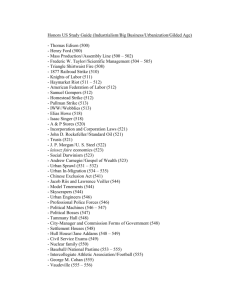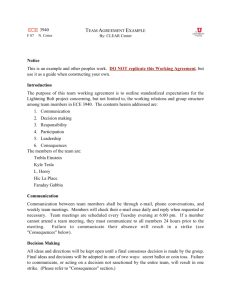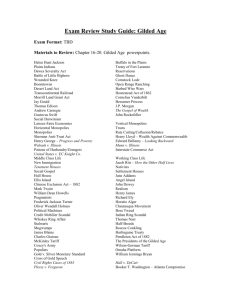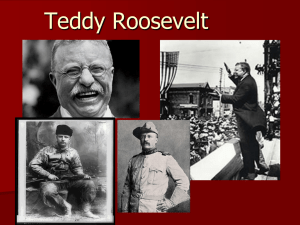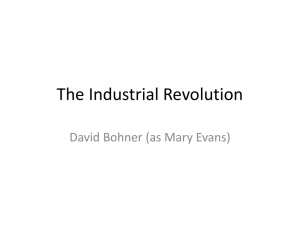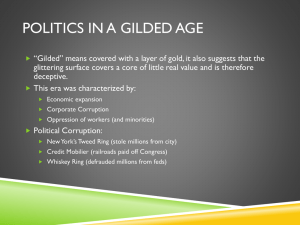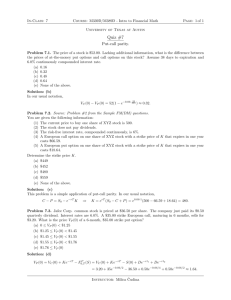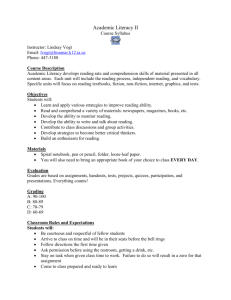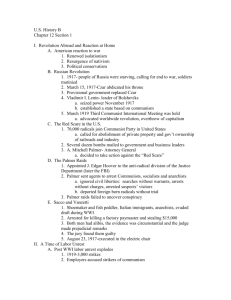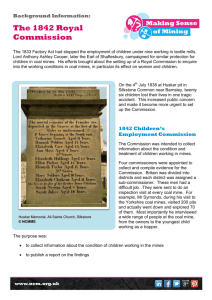The 1902 Coal Strike
advertisement
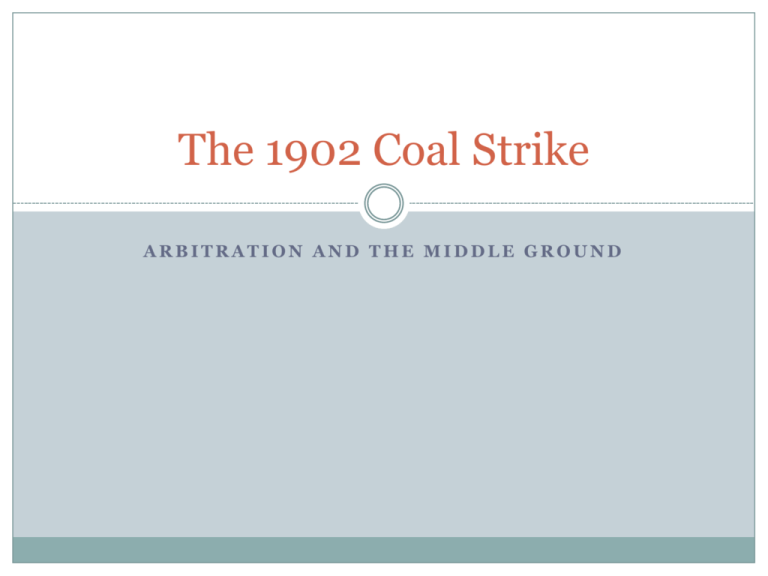
The 1902 Coal Strike ARBITRATION AND THE MIDDLE GROUND Mining Towns Mines were controlled by “Coal Barons”, and they usually ran the entire town, owning the houses, stores, and almost everything else. This meant that they had a lot of control over the daily lives of all coal miners. Low wages, VERY long 12 hour days, and EXTREMELY dangerous conditions. The workers found themselves powerless because they needed the work and had nowhere else to go. Prior Large Strikes From what we studied earlier in the year, how did both State and the Federal Governments typically view strikes and the rights of workers versus business? What did Governors and the President do to handle strikes during the Gilded Age? (Think Homestead and The Railroad Strike of 1877) TR and the Strike TR knew the strike would cause an energy shortage at a critical time of year. He ordered the Miners and Mine Owners to meet and submit to ARBITRATION. This means that a NEUTRAL third party (or group) will decide on how to resolve the conflict. The mine owners were irate that they were being told what to do, but TR was resolute. This was a BIG departure from the Gilded Age in that the government was stepping in to solve a problem on behalf of the worker and company. It fits right in with his idea of a “Square Deal” Outcome The workers got shorter work days (9hours), and a 10% increase in their pay. The owners were not happy about this, but in the end it kept the mines running and the people warm! It was a great example of Progressivism, in that it showed that America was much more ready to accept more balance between business and worker. MINE COMPANIES EVICT TENANTS FROM HOUSING AND PUT THEIR BELONGINGS IN THE STREET If you were an owner of a large business: How would you view the outcome of the Coal Strike in the following areas: How would you compare your overall position of power related to labor and unions? How might your view of the government and Washington D.C. change? If you were a member of a any union and of the working class: How would you view the outcome of the Coal Strike in the following areas: How might the outcome change the perception of power from your perspective related to big companies? How might your view of Washington D.C. and the government change?
